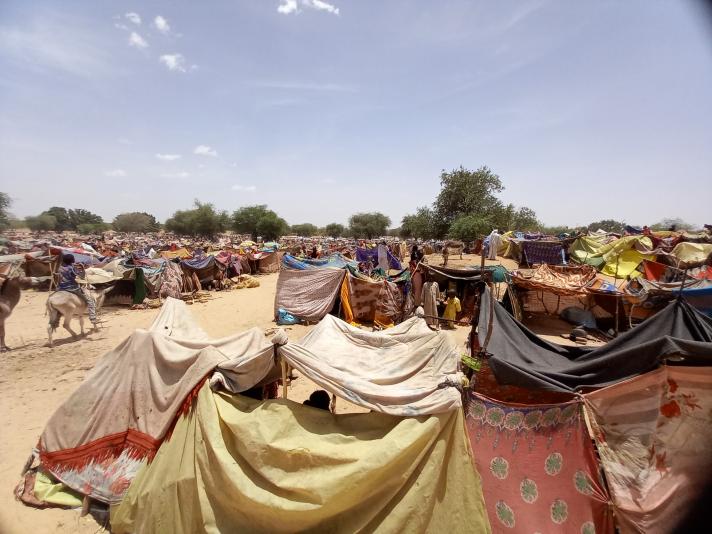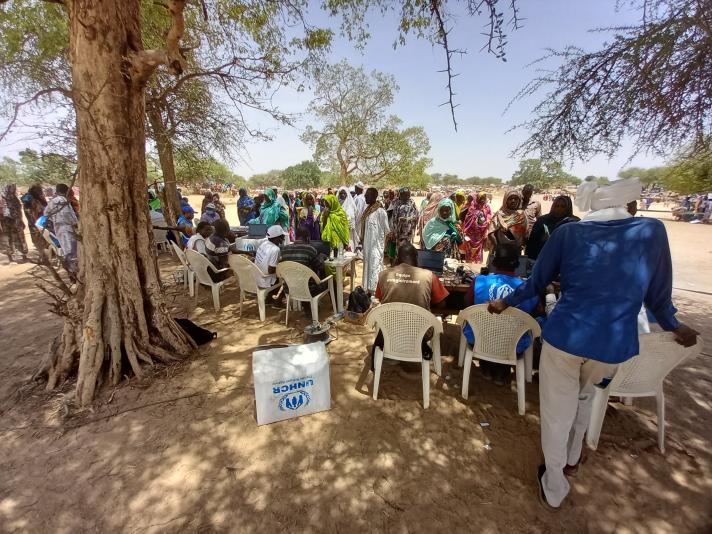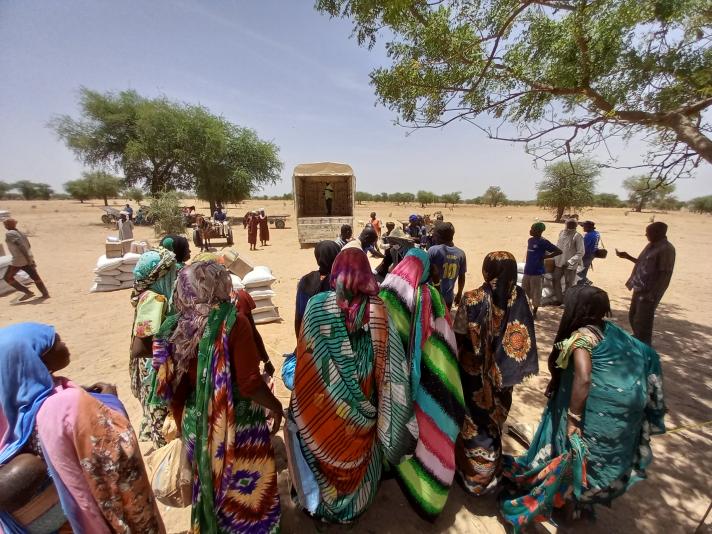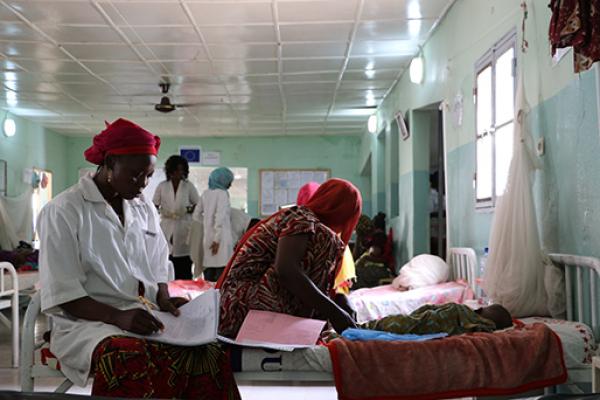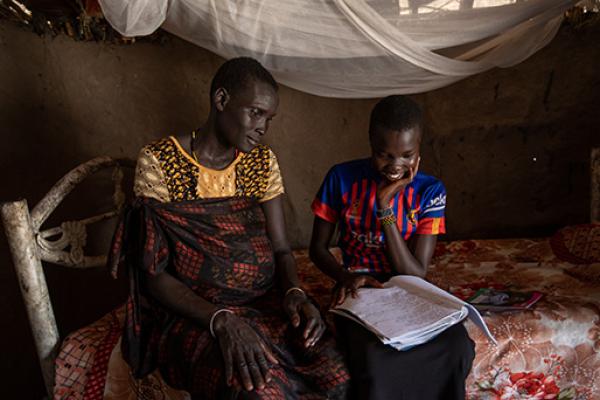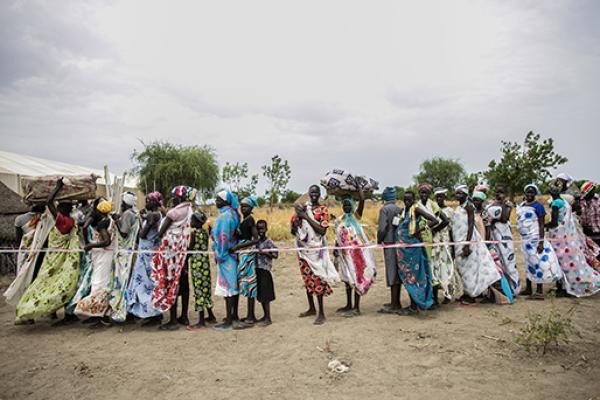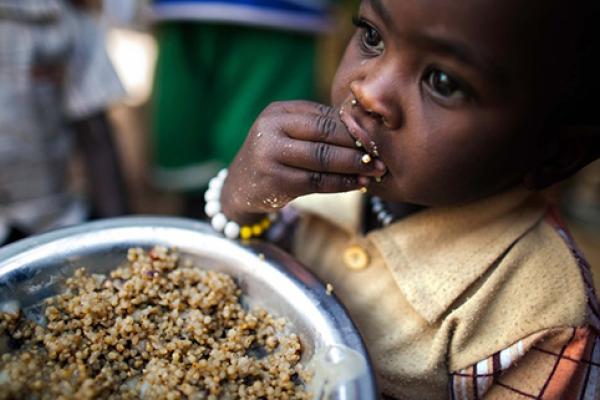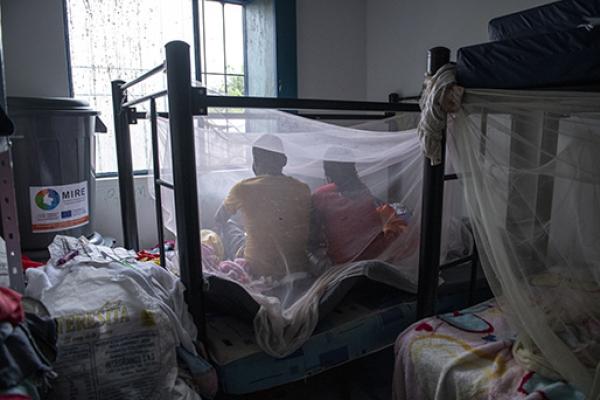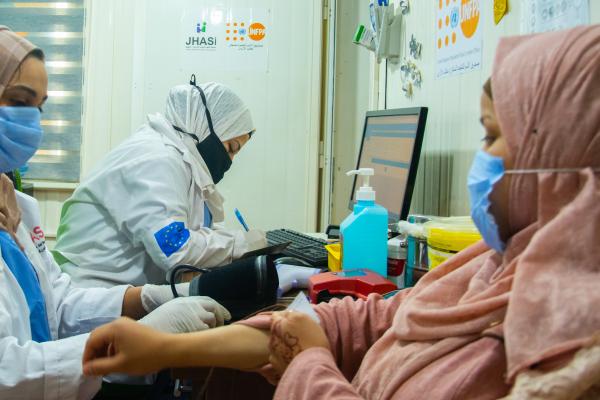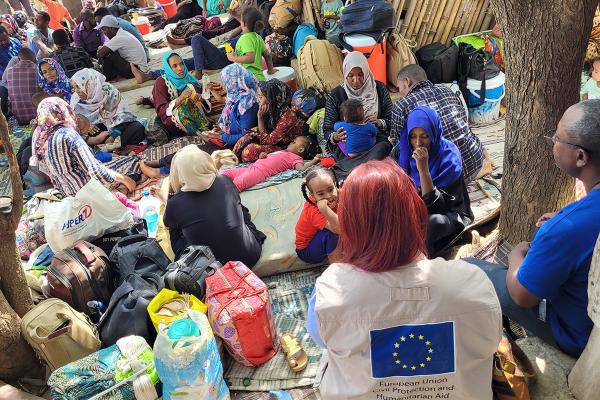The conflict currently raging in Sudan has caused a large displacement of people seeking safety into neighbouring Chad. According to the latest figures, around 150,000 people have crossed the Chadian border so far, and numbers continue to increase.
Such a sudden influx is putting additional pressure in Chad, a country that already hosted one of the largest refugee populations in central Africa. Over 1 million people are forcibly displaced in the country, around half of them Sudanese refugees.
Find out what the EU is doing, together with its humanitarian partners, to respond to this massive influx of Sudanese refugees.
Before the Sudan crisis, humanitarian needs were already high in Chad, where nearly 7 million people are estimated to require assistance.
To help alleviate the situation, the EU launched a Humanitarian Air Bridge to N’Djamena, bringing critical supplies for humanitarian partners assisting Sudanese refugees at the border. A second flight has landed in N’Djamena on 15 June, bringing another 90 tonnes of supplies.
Moreover, the EU has re-allocated over €2 million to provide emergency relief to people impacted by the crisis in Chad, and it stands ready to do more. Only 28 % of the funding for the latest 130 million dollars appeal has been received, which puts the country under further stress.
Furthermore, to better assess the situation on the ground, in the past weeks we deployed experts from the EU Humanitarian Aid Field Office in N’Djamena, as well as from the headquarters in Brussels. At several sites near the border, they witnessed very hard conditions as partners assisted the newly arrived.
Leaving everything behind
After their visits to the border, our staff describes a very dire situation for the displaced people, who are surviving in extremely precarious conditions.
Humanitarian partners such as the UN’s Refugee Agency (UNHCR), the World Food Programme (WFP), the International Rescue Committee (IRC) or the UN’s Children’s Fund (UNICEF), among others, are working to give some emergency assistance to the newly arrived, while efforts to relocate them to safer areas are ongoing.
Up to 30,000 arrivals were recorded in just 48 hours during the second week of May.
According to the EU’s humanitarian desk officer for Chad in Brussels headquarters, Livia Stella, no words can fully capture the reality she encountered.
“People fled Sudan leaving behind their dear ones, witnessing violence, destruction and abduction. They crossed the border mostly empty-handed to save their lives, and they are now in the hands of the international community, depending on international aid to survive,” she says after her trip to the border last month.
The head of the EU’s humanitarian office in Chad, David Kerespars, similarly stresses that displaced people are entirely dependent for their survival on the aid provided by the local populations and the humanitarian organisations.
“Women and children represent the vast majority of refugees who have reached Chadian territory, after a dangerous journey that has exhausted their last resources. They survive in extremely precarious conditions, having no shelter to protect them from sandstorms and rains, nor any resources,” he explains.
While needs are very high, relocating all people to safer areas further away from the border also poses a major financial and logistic challenge.
Transport remains difficult in the region given the scarcity of means and the precarious state of the roads. In addition, time is of the essence given the upcoming rainy season.
IRC is offering healthcare through mobile clinics, like this one in Borota, where its staff assisted already many women in labour. © European Union, 2023.
The border area is full of “wadis”, dry riverbeds that during the rainy season become streams that may not be crossed during days or weeks, making access even more difficult and sometimes impossible for weeks.
Partners are therefore striving to move people as quickly as possible, and the task ahead remains enormous.
Story by Maria Fernandez Garcia, EU Civil Protection and Humanitarian Aid Operations.
Publication date: 15/06/2023

